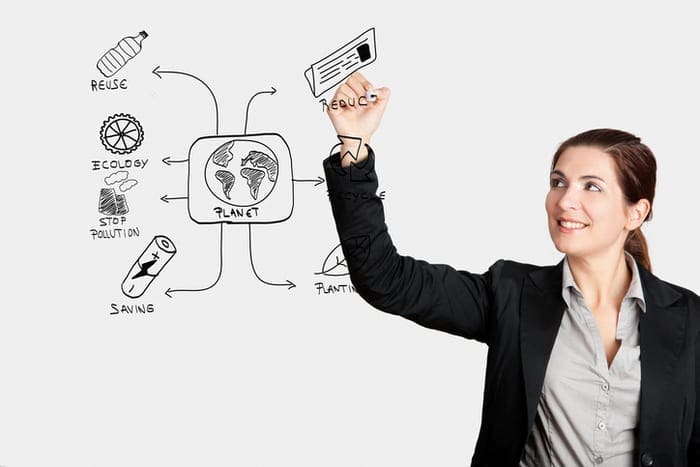
Digitization has taken much of our lives and societies from the physical world to the virtual one—communications, entertainment, finances, and more can all take place electronically. While this shift has made many tasks far more convenient and has allowed for more intricate connections between people and organizations all over the world, it has not come without a cost.
Electronic waste, or “e-waste,” is being produced at unprecedented rates as electronic equipment and appliances break or become obsolete and are discarded. In the USA, more than 400 million obsolete electronics are discarded every year. In 2013, the world’s population produced 50 million tons of e-waste. With the high levels of lead, mercury, and other toxic substances present in most e-waste, and the fact that much of this waste is processed in developing countries with less strict environmental and occupational safety standards, e-waste poses a serious global environmental problem that needs to be tackled by educated sustainability professionals.
Acquire Insight into Sustainable Government Policy with a Master’s Degree in Environmental Science
Government regulation and intervention is one important avenue for addressing the global e-waste problem. Energy policy, waste management systems, corporate regulations, and carbon emission regulations all fall under the public domain and, when calibrated correctly, can be used to reduce the number of electronics that are disposed of irresponsibly. Environmental graduate programs equip students with the systems-thinking perspective and procedural expertise needed to address these policy areas in a cohesive manner that ultimately reduces e-waste.
Use Your Sustainability Degree to Shape Corporate Strategy against E-Waste
Electronics companies have a big role to play in reducing and managing e-waste. Product lifecycles are getting shorter and many companies make this problem worse with planned obsolescence approaches that result in products that are designed to become unusable after a set amount of time.
Individuals who have studied at colleges for Environmental Science have acquired in-depth knowledge of the ways in which businesses and industry can shape environmental outcomes. For example, graduates of Unity College’s online Master’s in Professional Science: Sustainability Science complete coursework in ecological economics and strategic innovation management, both of which are integral components of sustainable corporate strategy development.
Public Education about E-Waste Can Benefit From Environmental Graduate Programs
While a Master’s Degree in Environmental Science can certainly help you address e-waste on the large-scale production and policy side, it can also give you the tools to tackle the problem from another perspective: the consumer. Coursework in Unity College’s M.S. in Professional Science can help students effectively communicate the realities of and solutions to environmental problems for a public audience. For example, the Leading Sustainable Change course covers a number of social marketing and stakeholder analysis techniques, while Communication for Science Professionals addresses issues in mass media, rhetoric, and public scientific understanding. By helping the consumer understand what is at stake when they choose how to purchase, repair, or discard electronics, sustainability grads can help cut the production of e-waste at its source.



